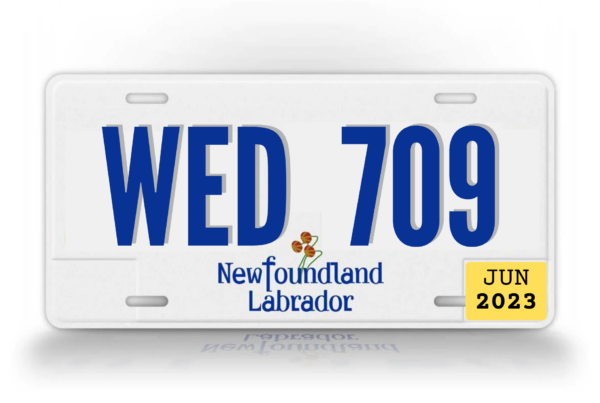
Many people dream of having a second residence. In fact, in Newfoundland & Labrador, heading off to the cabin or the trailer for the weekend is a rite of passage.
If you’re lucky enough to own a Newfoundland secondary residence, you have important considerations that go beyond normal homeownership. You’ll need adequate insurance and maintenance to keep that protection in force. We’ll look at the nuances of owning a second home here.
Insuring your Newfoundland Secondary Home
Apartments
Your insurance considerations will largely depend on what type of property you have. An apartment is probably the easiest type of secondary residence to care for because renters insurance policies focus on two basic issues:
- The contents of the apartment (your personal possessions)
- Your liability for accidents due to your actions or negligence
Renters’ policies are affordable and can be placed rapidly. The key is inventorying your belongings and their value to get adequate coverage.
Condos
With a condo, the structural risks are handled by the condo owners association’s (COA’s) master policy. It’s essential to coordinate your condo owner’s insurance with the master policy. Otherwise, you could have surprise fire, wind or water damage costs.
We can read through the COA’s policy to ensure your possessions, financial assets and any upgrades you make to the living space are covered.
You may be especially interested in loss assessment coverage. This type of coverage occurs when there is a shared financial liability that the COA’s master policy does not adequately cover. Based on your COA’s insurance policy and loss assessment coverage terms, we can advise you on what it will and won’t cover.
Townhomes and Single-Family Homes
Townhouses and single-family secondary homes require homeowners insurance. If you own one of these homes, you have essential clauses to consider — especially regarding the vacancy. A home that is left unoccupied for months at a time is considered a higher risk than a primary residence.
If your home is only occupied part-time, you may need “unoccupied home” coverage to ensure your insurance doesn’t lapse. Vacant home insurance is often meant for properties with no furnishings, such as those for sale. Unoccupied-home insurance may be a better term for seasonally or periodically used dwellings.
Coverage for cabins also falls under homeowners insurance for secondary residences, but note any wildfire exclusions or restrictions.
Security and Maintenance
With Newfoundland secondary residence, insurers want to know how much attention, maintenance and security the property receives. In some locations, theft and vandalism are high-level risks, especially for homes vacant for extended periods. And in all cases, water leaks and fires are serious concerns.
The good news is that you can reduce your risk with affordable technology, and such loss control measures may reduce your insurance premiums. Some insurers will even provide or help you purchase fire and water sensors connected to internet apps and send alerts. The more advanced devices can be activated to turn off water valves or dial the fire department.
Having a local property manager is also a good idea. They can make regular visits while you are away and handle routine maintenance requests as they pop up. They can also make a property look lived-in by simply grooming the yard and porch and adjusting light timers.
Knowing that damage from critters is not covered under standard homeowners insurance is another reason to have a property or maintenance professional nearby. Wear and tear and neglect are also excluded from coverage.
For example, say a tree limb falls and pokes a hole in your roof. If you don’t repair the hole, rains may invade and cause substantial damage that will not be insured.
Home-Sharing and Renting
Inform us if you intend to let others borrow or rent your vacation home. Guest usage isn’t usually a problem, but your insurer may require you to disclose extensive permissive use. Using the property for income may also create new insurance requirements, such as landlord insurance.
Consider vacation rental insurance if you rent your property often through Vrbo or another online booking agent. This covers your risks as a homeowner and as a landlord. You need to consider how to protect yourself from income loss as well.
However you handle your vacation property, get a professional appraisal to obtain the right amount of insurance. Underinsuring your home can leave you liable for costs you didn’t expect, well beyond your deductible.
It may sound like a lot to consider, but protecting your Newfoundland secondary residence will give you peace of mind and help you recover if a catastrophe strikes.
About Wedgwood Insurance
Wedgwood Insurance has offices in St. John’s & Corner Brook and is Newfoundland & Labrador’s largest independent insurance broker. We provide straightforward home, auto & business insurance advice.
With over 245 Google My Business reviews, experience the Wedgwood difference with expert advice from our dedicated team. We ensure that every client has the coverage that best suits their needs through upfront complimentary consultations and midterm reviews.






